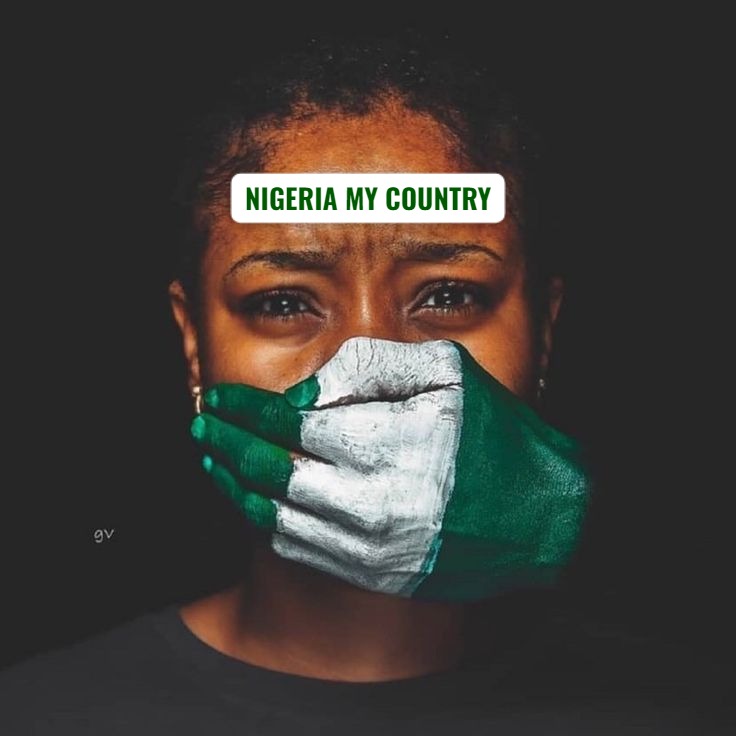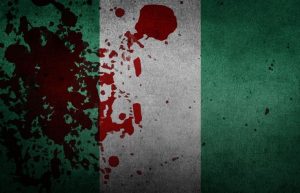
Nigeria Today – Are Muslims Really the Problem in Nigeria?
Introduction
Conversations about Nigeria’s challenges often spark strong opinions, and many people try to identify who or what is responsible for the problems the country faces.
Because of this, some individuals quickly blame particular groups. One group that is sometimes mentioned is Muslims.
However, when we look closely at Nigeria’s issues, we find that the situation is far more complex than pointing at one religion.
Nigeria is a diverse country with many ethnic, cultural, and religious identities.
Therefore, understanding the real roots of the nation’s struggles requires a calm and honest look at facts, history, and everyday experience.
Before we rush to conclusions, it helps to examine how Nigeria’s problems developed, what factors continue to shape them, and why blaming Muslims or any religious group only creates more division.
With the right understanding, it becomes clear that the problem is not about religion but about deeper structural issues that affect everyone, regardless of belief.

Religion and Nigeria’s Diversity
Nigeria has more than 200 million people, and they practice different religions, cultures, languages, and traditions.
Muslims form a large part of the population, but so do Christians and traditional believers. All these groups contribute to Nigeria’s society, economy, and development.
People from every religion work in government, business, education, and other sectors. Because of this mix, it becomes unfair and inaccurate to place the country’s challenges on one group.
When we examine Nigerian communities closely, we see Muslims and Christians living side by side, working together, and sharing similar struggles.
Many families also include both religions, and they live peacefully. This shows that the everyday reality of Nigeria is not shaped by religious conflict but by the desire for stability, opportunity, and growth.
Understanding the Real Sources of Nigeria’s Problems
They came from years of weak institutions, unequal development, poor governance, poverty, lack of opportunities, and insecurity.
These challenges affect everyone, whether Muslim or Christian. For example, when there is unemployment, both groups feel the impact.
When roads fail or schools lack resources, all children suffer. When leaders mismanage resources, the effects do not target only one religion.
Furthermore, insecurity in Nigeria comes from several sources, including banditry, kidnapping, armed groups, and political interests.
Some groups commit crimes and try to use religion as a cover, but their actions do not represent all followers of that faith.
Many Muslims across Nigeria strongly condemn violence, just as Christians do. Therefore, it is important to separate criminals from peaceful believers.

How Labels Create More Division
Whenever people blame a whole religious group, they create harmful stereotypes. These fixed ideas and wrong assumptions fuel distrust and make it harder for communities to work together.
For a country like Nigeria, which depends on unity to grow, stereotypes slow down progress.
They also distract people from the real issues, such as corruption, unemployment, power shortages, poor infrastructure, and weak law enforcement.
Instead of bonding together to solve problems, communities become suspicious of each other. This tension can lead to more conflict, which then worsens insecurity.
In the end, everyone suffers. Because of this, it is important to challenge these labels and look deeper into what truly needs to change.
The Role of Leadership in Shaping Public Perception
Leadership plays a major role in how Nigerians view each other. When leaders promote fairness, equality, and development, citizens feel safer and more hopeful.
However, when leaders fail to deliver, people become frustrated. Over time, they look for someone to blame, and sometimes, religion becomes an easy target.
Across Nigeria, people from all religions want the same things: safety, honest governance, good schools, jobs, working hospitals, and peace.
These shared needs show that religion is not the divide. Rather, weak leadership and a lack of accountability create the conditions that push people toward blame and fear.
Building Stronger Relationships Across Religions
Nigeria achieves more progress when communities work together instead of focusing on differences.
Many interfaith groups across the country show how collaboration can reduce tension and bring people together.
For example, Muslims and Christians regularly partner on community programmes, charity projects, and neighborhood safety initiatives.
These efforts prove that dialogue, mutual respect, and cooperation create stronger and safer communities.
When young people from different backgrounds interact, they build friendships that reduce ignorance and break stereotypes.
Schools, workplaces, and social organizations all play a role in encouraging this unity. As these connections grow stronger, the country becomes more stable.
The Importance of Education and Awareness
Many misunderstandings come from a lack of information. When people do not understand each other’s beliefs or cultures, they can easily fall for false stories.
Education helps break this cycle because it encourages critical thinking. It allows people to recognise the difference between individual actions and the behaviour of an entire group.
Media also has a big influence. Sometimes, news headlines highlight negative events related to one group while ignoring positive ones.
This imbalance creates fear and false impressions. By promoting balanced reporting and accurate information, media organizations can help reduce religious tension.
Moving Forward Together
Nigeria’s challenges require unity, not division. Since every citizen wants a better country, it makes sense to work together rather than blame each other.
When people focus on solutions instead of pointing fingers, progress becomes easier to achieve.
This is why national development depends on equal opportunities, fair policies, and stronger systems, not on blaming groups or promoting religious conflict.
The real problem lies in factors that cut across religions: corruption, insecurity, unemployment, poverty, and weak institutions.
Addressing these issues demands collective effort from all Nigerians, no matter their belief.
When people hold leaders accountable, support peace-building efforts, and engage in community development, the entire nation benefits.

Summary
The answer is no. Nigeria’s problems come from long-standing structural issues that affect everyone, regardless of religion.
Blaming Muslims or any other group does not move the country forward. Instead, it creates more division and slows down progress.
A better approach is to focus on unity, understanding, and shared effort.
When Nigerians stand together and address the root causes of their challenges, they create a path toward a safer, stronger, and more prosperous nation.